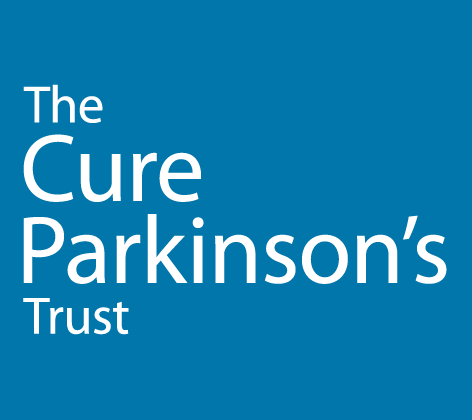LRRK2: discovering the link between Crohn’s and Parkinson’s
Original article: Functional variants in the LRRK2 gene confer shared effects on risk for Crohn’s disease and Parkinson’s disease. Sci Transl Med, 10(423). January 10, 2018.
The takeaway
A large genetic study of more than 24,500 people has found that Crohn’s, an inflammatory bowel condition, and genetic forms of Parkinson’s share variants of the LRRK2 gene.
Why is it important?
Given the shared gene variants between Crohn’s and familial and sporadic Parkinson’s, early identification of individuals at risk of developing Parkinson’s may be possible.
%
IMPACT
- Novelty 60%
- Proximity 60%
- Deliverability 60%
Impact Opinion
This study adds important weight to a growing body of evidence that inflammation in the gut might be a contributing factor to triggering the disease process in Parkinson’s. We can anticipate several more studies in this area, which hopefully in the distant future will lead to therapies that will arrest the disease at its very beginning.
Background
LRRK2 is the most commonly identified genetic contributor to familial and sporadic Parkinson’s, accounting for 1-2% of all cases. The LRRK2 gene has many roles including regulating the uptake and transport of substances within cells, inflammation, and degrading waste products including a-synuclein (autophagy), processes which are disturbed in both Parkinson’s and Crohn’s.
The details
The variants of the genes (alleles) that confer high risk for Crohn’s are uncommon but potent. To ensure that these were first identified accurately, the DNA of 50 people of Ashkenazi Jewish ancestry was analysed, since the prevalence of inflammatory bowel disease and Crohn’s is much higher in these populations. Once these were identified, further analyses on the DNA from more than 24,500 people of diverse ancestry [people with Parkinson’s (5,570), Crohn’s (6,538) and healthy people (12,607)], revealed shared genetic effects between the two conditions for LRRK2.
Next steps
These findings may help identify individuals who are at risk of developing Parkinson’s, and offer the potential of early diagnosis and intervention.
Related work
Roberts, R. F., Wade-Martins, R., & Alegre-Abarrategui, J. (2015). Direct visualization of alpha-synuclein oligomers reveals previously undetected pathology in Parkinson’s disease brain. Brain, 138(Pt 6), 1642-1657.
Where can I learn more?
Original article: Hui, K. Y., Fernandez-Hernandez, H., Hu, J., Schaffner, A., Pankratz, N., Hsu, N. Y., . . . Peter, I. January 10, 2018. Functional variants in the LRRK2 gene confer shared effects on risk for Crohn’s disease and Parkinson’s disease. Sci Transl Med, 10(423).



